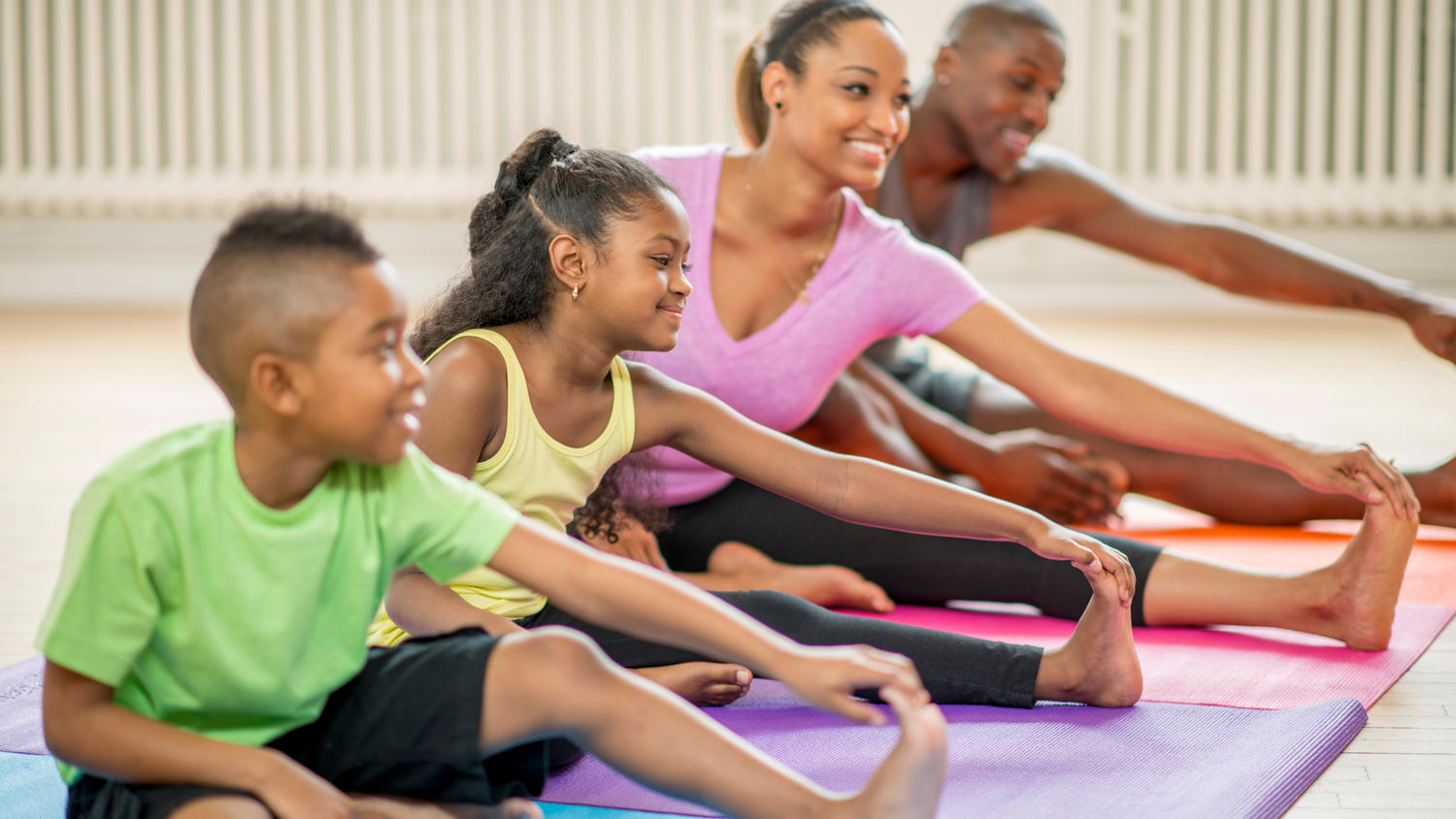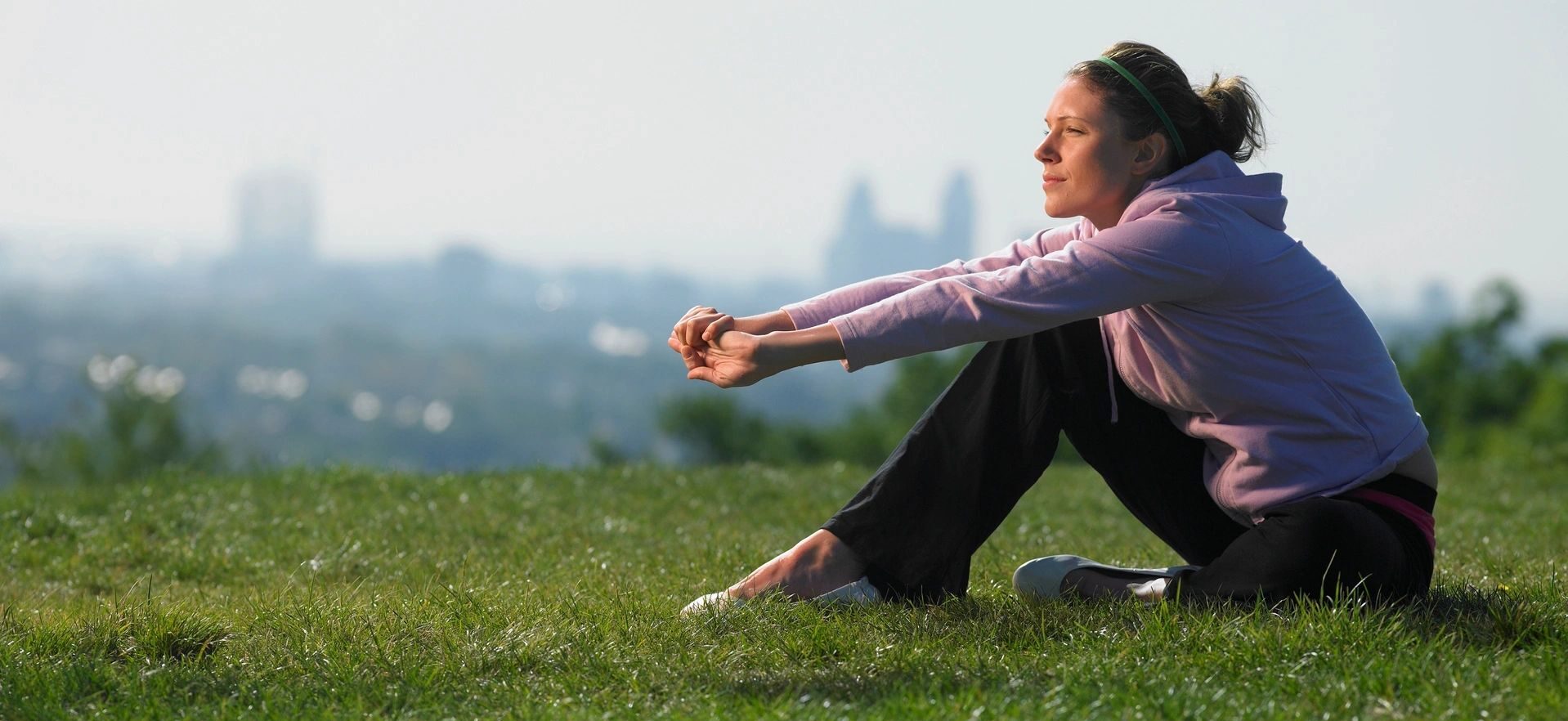For many of us living in today’s modern day world, we are missing something absolutely critical for our health and well-being. That thing is MINDFULNESS.
But why is this so important in today’s world, and how do we even begin to practice mindfulness and start to gain, reap and feel the benefits of a mindfulness practice?
Let’s break it down a bit.
Why do we need mindfulness in today’s society?
The human brain (like all other animals) is built to scan for threats in the environment and in response to any threats, our central nervous system (CNS) goes into fight, flight or freeze. This is important for survival (think running away from a bear or tiger). After the threat is removed (i.e. we have successfully run away and taken safe shelter), our CNS completes the fight or flight response, and we can restore the opposite side of things, which is rest, relax, digest, and heal.
More likely than not, we are not running away from physical threats these days. However, we still experience external threats. These could look like work stress, emotional challenges in any of our relationships, or even feeling overwhelmed by the daily demands of your to-do list. Since these threats are not life or death, we are not even aware that our CNS is slightly elevated, which means our stress hormone (cortisol) is at a higher level constantly without the opportunity to come back down to baseline, which has detrimental health effects like weight gain, increased anxiety, poor sleep, elevated blood pressure, and more.
On top of this, we sit much more than we ever did thanks to technology and working from home since the pandemic. When we are sedentary for most of our day, we actually don’t breathe fully and this causes stiffness in the ribcage and inability to take full breaths. When we breathe shallowly, it sends a signal to our brain that we are threatened, and physiologically a cascade of events occur like upper neck and shoulder muscle tension, increased cortisol, and then even more shallow breathing! That’s a double whammy for keeping our CNS in fight or flight mode.
The good news is that we can use Mindfulness to restore balance in our CNS. And even better (and easier when you are a beginner) is to practice Mindfulness & Movement together at the same time.
What exactly is Mindful Movement?
When we use our bodies to move physically and use our minds to pay attention and notice all the nuances and sensations of the movement, we are practicing Mindful Movement (aka yoga). This is actually amazing, because not only are you reaping the benefits of moving your body (stretch, strengthen, improve balance, flexibility, etc), you are also training your mind to feel your body (mind-body connection) and pay attention to the present moment. This is different from doing a bunch of exercises while watching TV or listening to a podcast. You are training your brain to focus on what is happening in the moment with intention, which is Mindfulness.
You can start small. For example, take a walk without your device and notice your body in space and notice your surroundings using all five senses. Or, you can do XYZ Spine (follow this easy short video) to feel your body move in all directions! Or, intentionally stand up every hour at work and close your eyes, feel your breath and see if you can encourage some slower, long, deep full breaths in and out through your nose. All of this is easy, accessible, and counts as Mindful Movement practice.
It’s exactly what it is, a practice. The more you practice, the more you will feel the benefits over time. Happy Mindful Moving everyone!
References
Akdeniz, S. & Kastan, O. Perceived benefit of yoga among adults who have practiced yoga for a long time: a qualitative study. BioPsychoSocial Medicine, May 15, 2023
Cartwright, T., Mason, H., Porter, A., Pilkington, K. Yoga practice in the UK: a cross-sectional survey of motivation, health benefits and behaviours. Sports and Exercise Medicine, January 12, 2020
McKeown, P. The Oxygen Advantage. November 29, 2016.














